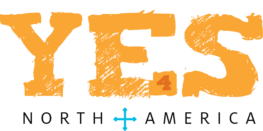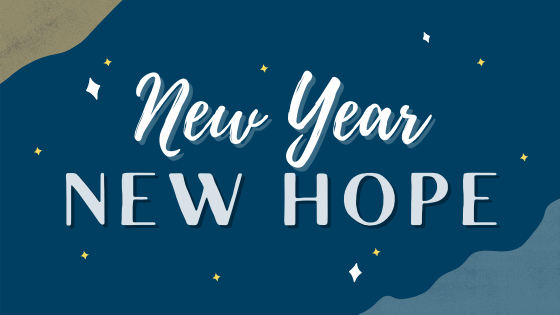In the beginning of this series, we touched on the COVID-19 pandemic that we are still very much going through, and how it can restrict us from seeing the suffering around us. Then, we highlighted some of the inequalities that are currently being exacerbated by the COVID-19 pandemic, with recommendations on how to address them. In each of these articles, there was a recurring theme- how can each of us do a small part to make this world a little bit better for those around us? We hope to use this last article in our series to drive this message home.
With a new presidential administration and signs that in some months we may be back to some semblance of normalcy, we must ask ourselves what we want this new normal to look like. There is little doubt that living through a pandemic that we could never have imagined to happen in our lifetime will leave scars. But an important thing to recognize as we see the light at the end of the tunnel is the way in which the COVID-19 pandemic exposed the many cracks in our society. The devaluing of human life for profit. The lack of affordable healthcare. The lack of prioritizing care for others over convenience for ourselves. All of this leads to unnecessary suffering. In a way, this demonstrates so clearly, the flawed nature of the way we live. As we are almost out of the woods, we can emerge into a field of possibilities, and the essential question is: what do we make of the time we have left here? How can we restore hope and use our lives to bring this world a little closer to what God intended it to be?
Too often, changing how things are is seen in one of two ways: first, people believe that volunteering once a year checks off all that they need to do. A second way is that creating change is seen as something that is too momentous, too hard to take on for young people or those not educated enough. A point to make here is that neither view of change is sufficient. Volunteering once is of course not enough. And failing to touch issues at all because they are too complicated negates the fact that we are part of the structures and injustices we see around us, sometimes (and oftentimes) because we turn away from these issues altogether.
We are closer to perfect, and our world becomes more perfect, when we work together to tackle injustices around us. When we look back at history, oftentimes what is written down are the great moments of our times. Among them are man landing on the moon, Martin Luther King Jr.’s “I have a dream” speech, and many others. Those are the highlights…the climax. What isn’t often recognized or given credit are all the small efforts along the way by individuals that make those things possible. Without these efforts, these monumental things never would have happened. It’s easy to look at the outcome in isolation without looking at the process. But the point here is that we are essential parts of the process, without which things will not change.
How do we become part of the process that enacts change? And how do we not just become part of this process, but have it become part of who we are? Everyone, we believe, has at least one thing that they are passionate about. Finding that thing is one of the most difficult things. But once we have that, a great way to start becoming part of the process of hope is to use the things that you love to help others. All of us have a part to play, and what a privilege it is to be a part of something greater than ourselves- a greater, and more hopeful reality, for all. We hope you will join us in this journey.

